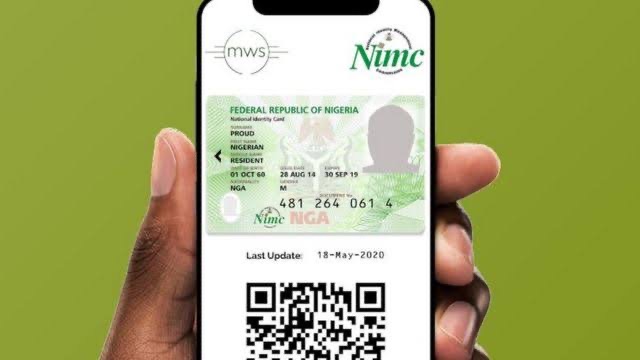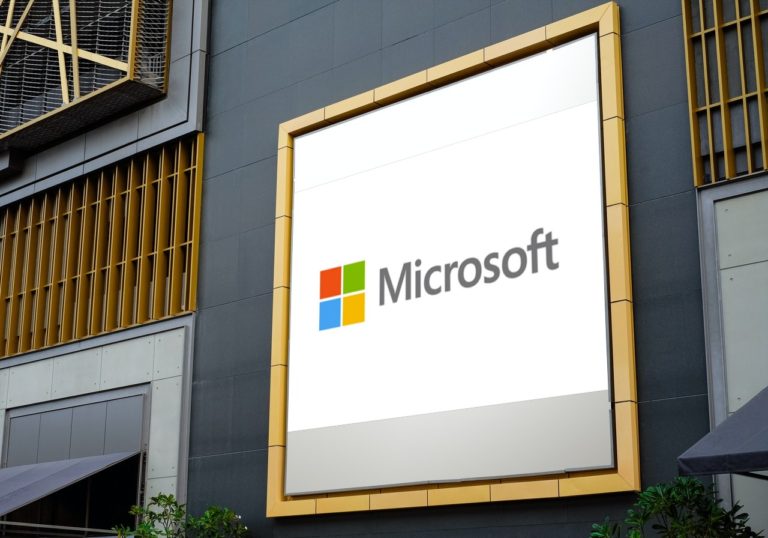Nigerians Will Swap Their NIN Slips With Digital Tokens Come January 2022

The Federal Government of Nigeria has replaced the outdated National Identification Number, NIN slip, and polycarbonate card with a suite of digital tokens.
According to TechEconomy.ng, the Digital Token was created to replace the 11-digit NIN for all purposes.
According to the National Identity Management Commission (NIMC), the card ID is no longer required with the download of the NIN app from the Play or Apple Store, which provides a digital ID.
Prof Isa Pantami, Minister of Communications and Digital Economy, announced this at a stakeholders’ workshop on the NIN Tokenisation Solution hosted by the National Identity Management Commission in Abuja.
According to the Minister, the government implemented the solution to protect the privacy of individuals’ personally identifiable information during verification transactions and to reduce instances of illegal retrieval, usage, transfer, and storage of NIN.
Dr. Pantami, who was represented by NIMC Director-General Engineer Aliyu Aziz, stated that full implementation will begin on January 1, 2022.
He explained that the tokenisation solution was tailored to protect personally identifiable information as well as the sanctity and sensitivity of the NIN issued by NIMC to registered individuals.
“One of the benefits of the virtual NIN is that no third party can perform any verification while hiding behind a proxy,” Pantami explained (and without the knowledge of the NIMC, being the Custodian of Identity).
“In addition, the generated Token or Virtual NIN is unintelligent, completely random, has no correlation to the NIN, and cannot be reverse engineered, even by a Quantum Computer.”
“The NIN holder is the sole and exclusive issuer of NIN and cannot delegate this authority.”
He added that the attachment of the verifier’s UserID to every verification request ensured anonymity, and that no National Identification Number, no verification.
The Minister’s representative added that the program’s goal was to engage stakeholders in order to ensure product understanding and buy-in from all.
“We must continue to emphasize the importance of having a digital identity for every Nigerian, regardless of social class or economic status, improve access for all, and ensure continuous protection of our citizens’ and other enrollees’ privacy and data.”
“We must maintain the momentum by developing ongoing awareness campaigns and sensitizing the public.”
Tunji Durodola, NIMC’s technical consultant, also spoke, stating that the Digital Token was designed to replace the 11-digit National Identification Number for all purposes.
He claimed that NIN had been shared and stored by various entities, most of the time without the knowledge or consent of the ID holder or Nigeria’s identity custodian, NIMC.
The improved National Identification Number slip, according to Durodola, has a smaller form factor and is available to all who have been issued an active National Identification Number, and can be purchased without having to visit the NIMC office.
“Some of the requirements for tokenisation include a NIN issued by NIMC and a mobile number registered in Nigeria and linked to your NIN,” he explained.







